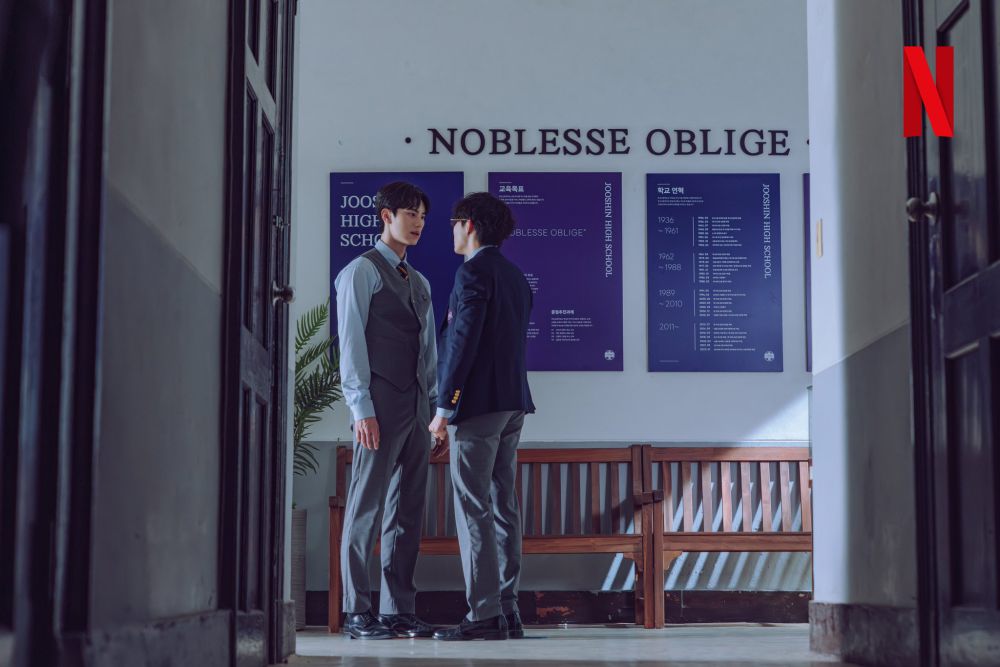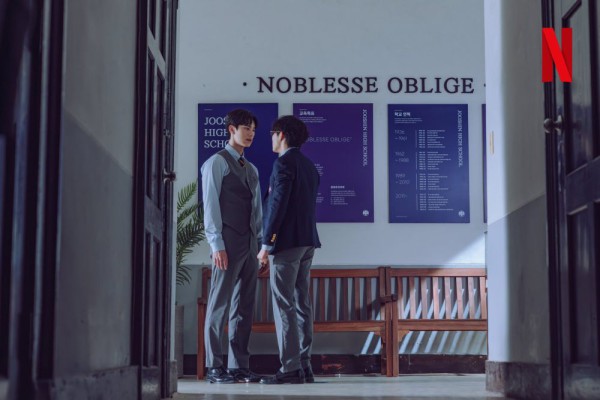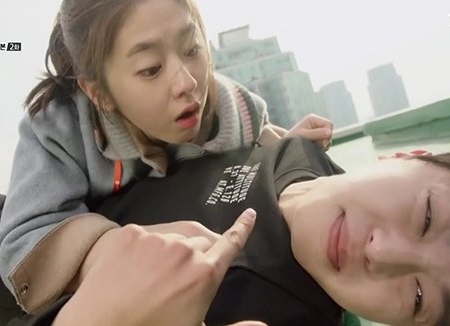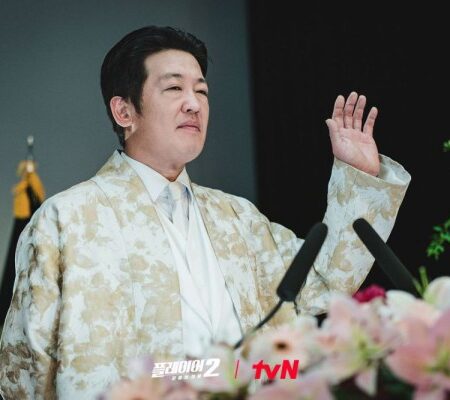The drama Hierarchy tells the story of students at Jooshin High School, a prestigious institution attended by children from wealthy conglomerate families. Their abundant wealth and high social status allow them to behave as they please, including bullying others. However, the arrival of a mysterious new scholarship student changes the dynamics. Jooshin High School itself is a private school with luxurious facilities, and in several parts of the school building, the phrase “Noblesse Oblige” is prominently displayed. What is the true meaning of this phrase?
Noblesse Oblige: A French Expression
“Noblesse Oblige” is an expression from French that literally means ‘noble duty.’ The term nobility here does not always refer to blue blood but can also be interpreted as the social status possessed by rich people or conglomerates in modern times. The obligation implied here refers to the social responsibility that comes with the wealth owned by these conglomerates. They not only enjoy privileges from their wealth but also have the responsibility to behave according to moral and social rules. Additionally, those with abundant wealth are expected to do good for less fortunate people.
Jooshin High School’s Motto

Trailer for the drama Hierarchy (doc. Netflix/Hierarchy)
In the Korean drama Hierarchy, the phrase “Noblesse Oblige” serves as the motto of Jooshin High School, which was founded in 1936. This prestigious school, with its luxurious facilities, resembles a special educational institution for nobles, as only rich families can afford the school fees. The use of “Noblesse Oblige” as a motto is intentional. The founder, the great-grandfather of the current owner of the Jooshin Group, wanted to fulfill his responsibilities as a wealthy individual by providing full scholarships to students who passed the selection process. As of 2024, this special scholarship route is still implemented at Jooshin High School.
The Special Meaning in Hierarchy

Trailer for the drama Hierarchy (doc. Netflix/Hierarchy)
The phrase “Noblesse Oblige” holds a special, implied meaning in the context of Hierarchy. Despite the expectation that wealthy students at Jooshin High School would behave according to moral ethics, they often act oppositely. They engage in bullying, drug use, partying, and even casual sex. Contrary to the initial intention of sharing wealth to help others, scholarships at Jooshin High School are given out of necessity. The school would face heavy criticism if it only accepted rich students. There is a notable difference in treatment between rich and poor students at this school, even reflected in their uniforms. Scholarship recipients often become targets of bullying because their education is free.
“Noblesse Oblige” becomes the motto of Jooshin High School to present the institution as a moral place that gives poor but high-achieving children a chance to change their fate. However, the reality is starkly different from the school’s proclaimed values. This contrast forms the main premise of the drama Hierarchy, highlighting the dark side of the prestigious institution.
Hierarchy does an excellent job of exploring the complexities and contradictions within elite institutions. The use of “Noblesse Oblige” as a motto adds a layer of irony to the story, emphasizing the gap between the ideal and the real. The drama’s portrayal of the misuse of wealth and power resonates with viewers, making it a compelling watch. The show’s nuanced take on social responsibility and ethics in the context of immense wealth offers a thought-provoking narrative that keeps audiences engaged.








